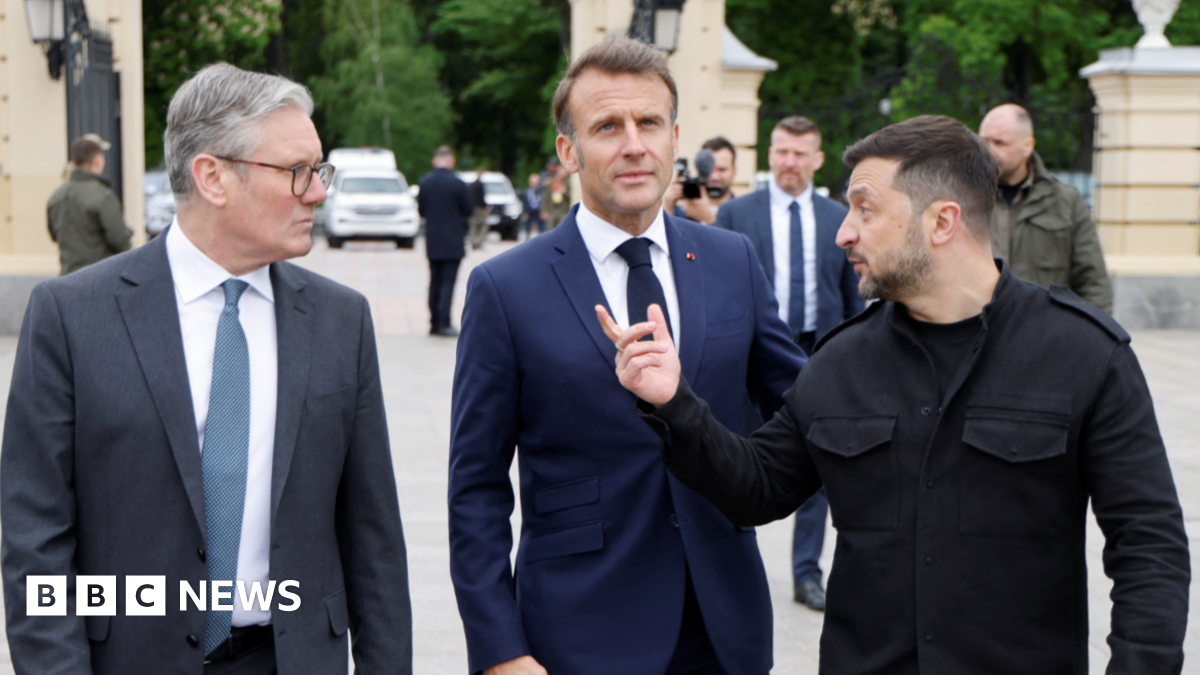Ukraine War: Europe Demands Ceasefire Amidst Mounting Casualties and Humanitarian Crisis
The ongoing conflict in Ukraine has reached a critical juncture, prompting a chorus of voices across Europe demanding an immediate ceasefire. Months of intense fighting have resulted in a devastating humanitarian crisis, widespread destruction, and a staggering loss of life, fueling international pressure for a peaceful resolution.
This article will delve into the current situation, examining the reasons behind the growing calls for a ceasefire, the challenges in achieving one, and the potential consequences of continued conflict.
The Urgency for a Ceasefire:
The escalating humanitarian crisis is the primary driver behind the European push for a ceasefire. Millions of Ukrainians have been displaced from their homes, facing shortages of food, water, and medical supplies. Reports of widespread destruction of civilian infrastructure, including hospitals and schools, are increasingly common. The escalating death toll, encompassing both military personnel and civilians, further underscores the urgency of the situation.
- Humanitarian Catastrophe: The scale of human suffering is immense, with millions requiring urgent humanitarian assistance. International aid organizations are struggling to meet the overwhelming needs.
- Economic Fallout: The war has had a significant economic impact not only on Ukraine but also on Europe and the global economy. Rising energy prices and disruptions to supply chains are felt worldwide.
- Security Concerns: The prolonged conflict raises serious security concerns for neighboring countries and the wider European region, increasing the risk of regional instability.
Challenges to Achieving a Ceasefire:
Despite the widespread calls for peace, achieving a ceasefire proves incredibly challenging. Key obstacles include:
- Differing Agendas: Russia and Ukraine hold fundamentally different views on the conflict's causes and desired outcomes, making negotiations extremely difficult.
- Lack of Trust: Years of mistrust and animosity between the two countries hinder the possibility of meaningful dialogue and compromise.
- Military Objectives: Both sides are pursuing military objectives that seemingly contradict the possibility of a negotiated settlement.
Potential Consequences of Continued Conflict:
The continuation of the war carries significant risks:
- Further Escalation: The conflict could escalate further, potentially involving other countries and leading to a wider regional or even global conflict.
- Prolonged Humanitarian Crisis: The humanitarian crisis will worsen, leading to further suffering and instability.
- Economic Instability: The economic consequences will deepen, impacting global markets and potentially leading to a recession.
Europe's Role in Seeking Peace:
European nations are actively engaged in diplomatic efforts to mediate a ceasefire. This involves:
- Sanctions: Imposing stringent sanctions against Russia to pressure it to negotiate.
- Humanitarian Aid: Providing significant humanitarian aid to Ukraine to alleviate suffering.
- Diplomacy: Engaging in intense diplomatic negotiations with all involved parties to find a peaceful resolution.
Conclusion:
The demand for a ceasefire in Ukraine is a resounding call for humanity and stability. While the path to peace remains fraught with challenges, the urgent need for a resolution cannot be overstated. The international community must continue to exert pressure on all parties to prioritize diplomacy and prioritize the well-being of the Ukrainian people. The continued suffering necessitates a swift and decisive end to the conflict. Only through concerted international efforts can a lasting peace be achieved and the humanitarian catastrophe averted.
Keywords: Ukraine War, Ceasefire, Europe, Russia, Ukraine, Humanitarian Crisis, Conflict, Peace Negotiations, International Relations, Geopolitics, Sanctions, Diplomacy.

